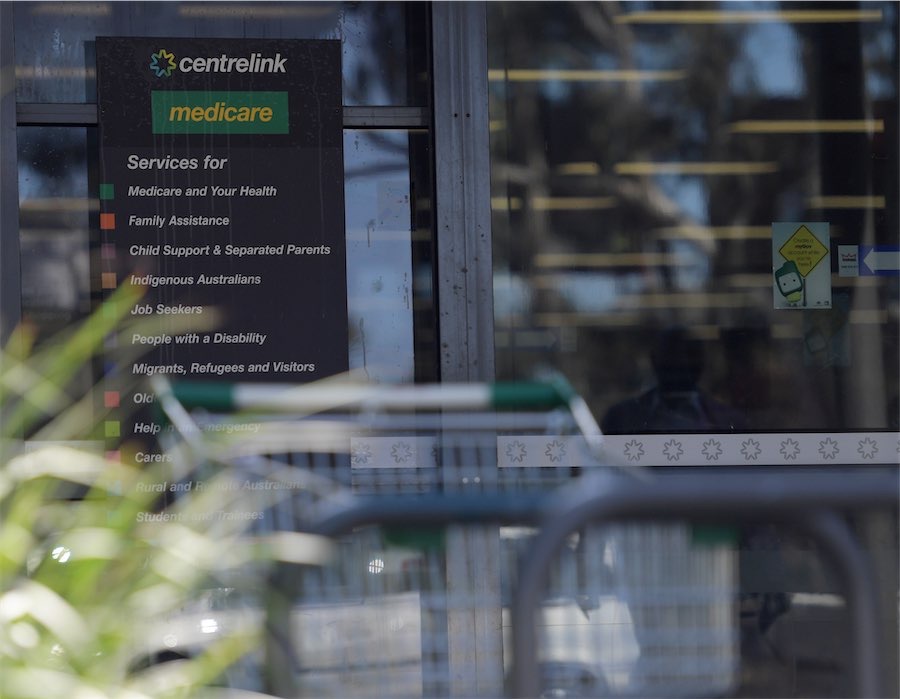ABOUT $395 million worth of contracts were awarded without competitive tender by the ACT government in the past three years, an audit report has uncovered.
The 770 contracts exempt from tender — exemptions allow agencies to undertake procurement without seeking three quotes or conducting an open tender — make up more than 20 per cent of contracts in that three-year period, according to the report, titled “Procurement exemptions and value for money”.

However, Dr Jenny Stewart, a professor of public policy at UNSW Canberra, suspects that overall, problems in the management of exemptions in the procurement process are much more widespread than the report suggests, saying the audit reveals significant problems.
The audit follows revelations late last year by “CityNews” (“Directorate keeps million from open tendering“, September 16) that 94 contracts worth almost $190 million were awarded without competitive tender by the ACT Community Services Directorate in the 2018/19 financial year.
The article also revealed that almost 91 per cent of its procurement contract budget, worth more than $208 million, was awarded without the directorate going to the open market for tender.
This year’s audit considered 33 high-value procurements (worth about $119 million) that were exempt (largely due to there being a “limited number of suppliers”) by ACT government entities in 2019 and 2020.
Under legislation, government departments are required to prove that a value-for-money assessment has been done when an exemption takes place. However, this was not always evident.
Only 14 of the 33 procurements (42 per cent) had a “Tender Evaluation Plan”, which is a value-for-money assessment that’s common practice when exemption approvals are granted, only eight had a “Tender Evaluation Report” and only two could provide evidence of an ongoing formalised arrangement that dealt with probity plans and protocols.
The audit also discovered that less than half of the procurements did not have effective risk assessments in place, there was no evidence that whole-of-life costs were factored into value-for-money assessments, and one third had signed declarations of confidentiality and conflicts of interest.
Regardless of these findings, auditor-general Michael Harris concluded that the ACT government agencies “are complying with the legislative requirements for using an exemption in procurement”.
However, Dr Stewart says it was not possible for the auditor-general to say whether the relevant criteria had been achieved or not, because the information was not available.
“The inference is that the officials concerned had not undertaken the investigations required,” she says.
And even if the information was there, Dr Stewart says high-value procurements (this was the basis used for selecting the 33 cases for study) are more likely to be properly documented than lower-value or more routine ones.
“The main shortcoming is a lack of documentation in relation to value for money, probity, conflict of interest and risk management,” she says.
“Improvement [is] definitely needed!”
Following the audit, the auditor-general made four recommendations including: reviewing and revising procurement policy guidelines to promote the use of value-for-money documentation; improving staff understanding of the importance of integrity when using exemptions by requiring officers to undertake probity training; improving risk assessments when selecting a contract; and, incorporating value for money and whole-of-life cost assessments.
Dr Stewart says: “Implementation of recommendations one and two, which call for improved training and awareness around these issues, will be crucial.
“Given the extensive use of the exemptions mechanism (20 per cent of all procurements over the past three years), there is much work to be done before citizens can have a reasonable degree of confidence in purchasing practices.”
Who can be trusted?
In a world of spin and confusion, there’s never been a more important time to support independent journalism in Canberra.
If you trust our work online and want to enforce the power of independent voices, I invite you to make a small contribution.
Every dollar of support is invested back into our journalism to help keep citynews.com.au strong and free.
Thank you,
Ian Meikle, editor





Leave a Reply